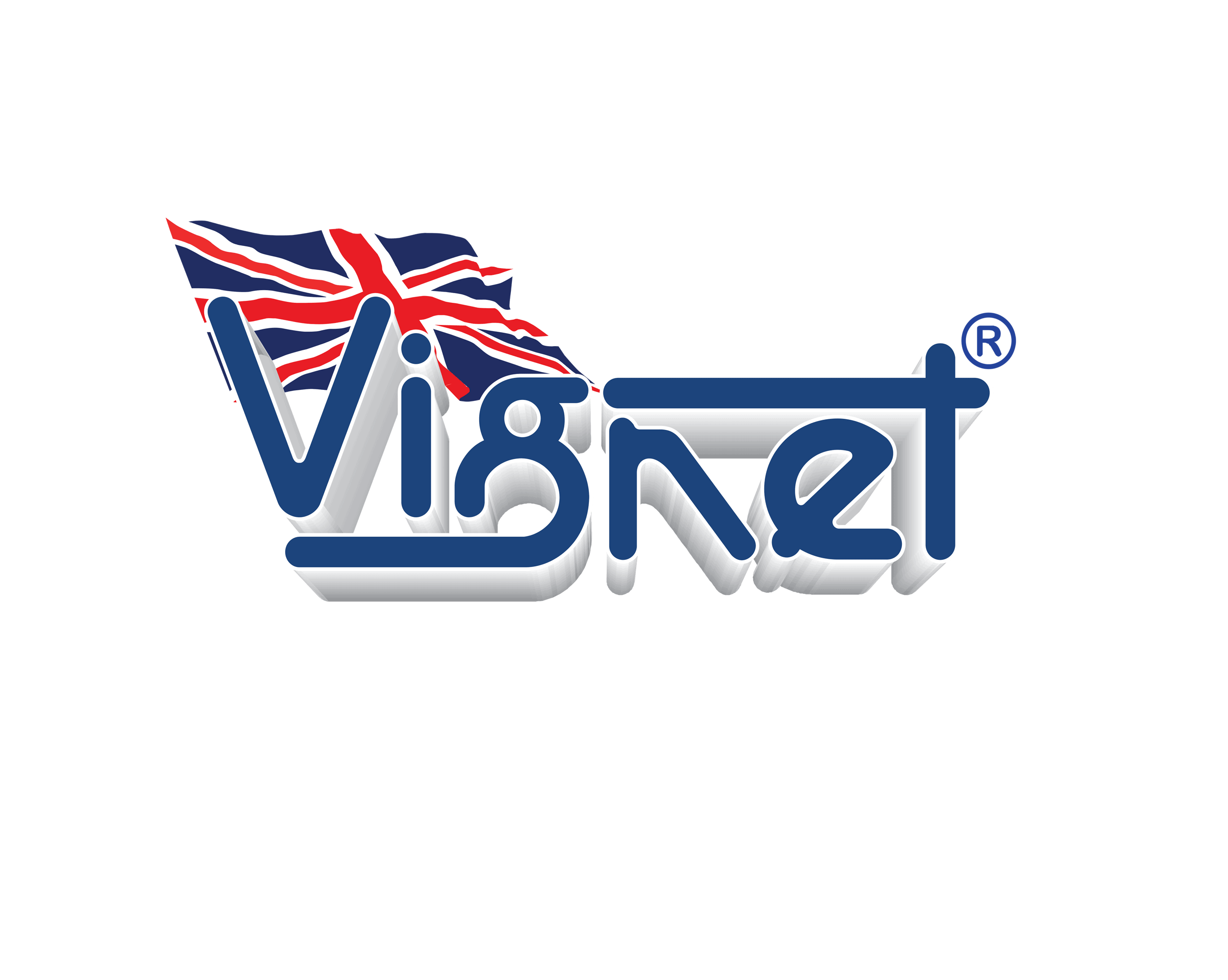Introduction
Medicine addiction is a complex and pervading issue that impacts individuals, families, and societies worldwide. It is characterized by the compulsive usage of medications despite their particular harmful effects. Medication addiction is an international problem that transcends social, social, and economic boundaries, affecting individuals of all centuries, races, and backgrounds. This report aims to offer a brief history of medicine addiction, highlighting its reasons, effects, and possible solutions.
Reasons for Drug Addiction
Different aspects contribute to the development of medication addiction, including hereditary, environmental, and behavioral elements. Genetics play a role in identifying an individual’s susceptibility to addiction. Research implies that particular hereditary elements can make certain individuals more prone to getting addicted to drugs. Environmental facets, such as exposure to drug abuse inside the family or neighborhood, also perform a significant part. Also, emotional and personal elements, including anxiety, psychological state dilemmas, and peer force, can donate to addiction.
Effects of Drug Addiction
Medicine addiction has extreme repercussions on individuals and culture overall. At an individual level, medicine addiction can dramatically impair your physical and mental health. Substance abuse may cause persistent conditions, including liver and lung harm, heart problems, and an increased chance of infectious conditions like HIV/AIDS. Furthermore, medicine addiction frequently causes psychological conditions such as despair, anxiety, and psychosis. Also, addiction can strain private relationships, cause monetary instability, and increase the possibilities of unlawful participation.
On a wider scale, medicine addiction puts a substantial burden on culture. It impacts healthcare systems, as addiction-related medical options and Thailand Rehab centres programs are often pricey. In addition, drug addiction contributes to increased crime prices, as individuals may turn to unlawful activities to maintain their addiction. Additionally, drug-related accidents and weakened output hinder economic development and development.
Feasible Solutions
Addressing drug addiction requires an extensive and multi-faceted strategy. Avoidance efforts should consider knowledge and increasing awareness in regards to the problems of drug abuse. Effective methods include school-based prevention programs, neighborhood awareness campaigns, and specific interventions for susceptible communities.
Furthermore, therapy and rehabilitation choices needs to be made obtainable and affordable to all the those experiencing medication addiction. This involves establishing rehabilitation centers, supplying counseling and therapy, and ensuring the availability of medication-assisted treatment approaches such as for example methadone or buprenorphine. Help communities and aftercare programs are crucial in guaranteeing long-term recovery.
In addition, there was a need for stricter regulation and control into the pharmaceutical industry to prevent the misuse of prescription drugs. Guaranteeing the accessibility to alternative pain administration methods can reduce the reliance on opioids, decreasing the danger of addiction.
Summary
 Medication addiction is a complex concern with powerful consequences for folks and community. Its causes tend to be multi-faceted and require several approaches to avoidance and treatment. By raising awareness, boosting education, improving accessibility therapy, and implementing stricter regulations, society takes significant actions toward decreasing the prevalence and influence of medication addiction. Fighting medicine addiction necessitates collective attempts from governments, health care experts, communities, and people to mitigate its effects and offer support to those affected.
Medication addiction is a complex concern with powerful consequences for folks and community. Its causes tend to be multi-faceted and require several approaches to avoidance and treatment. By raising awareness, boosting education, improving accessibility therapy, and implementing stricter regulations, society takes significant actions toward decreasing the prevalence and influence of medication addiction. Fighting medicine addiction necessitates collective attempts from governments, health care experts, communities, and people to mitigate its effects and offer support to those affected.
